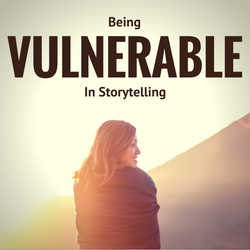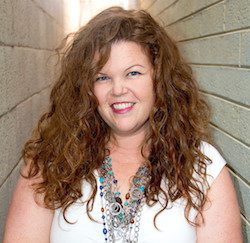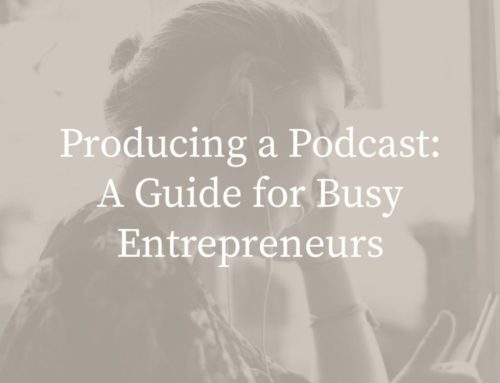
The term vulnerable scares people. For me, it’s actually a comfortable space. I write about my love life, fertility journey, stint with burnout, depression and journey back to happiness for big audiences. And I’m paid to write from a place of vulnerability. Maybe being vulnerable in how we show up or what we write doesn’t feel professional to some. Maybe it feels too exposing. It can be hard for some leaders to be vulnerable because the term itself means opening oneself up to harm or criticism.

Rather than looking at vulnerability as a negative term or concept, I decided to I see the benefit of being real, honest and vulnerable. There is a risk when we’re vulnerable with people. But, I’d rather know up front who someone is before getting into any kind of relationship with that person – business or otherwise. I love the word vulnerability because I’m so comfortable in it. And I love teaching people how to find comfort in the word because of my success with it. In addition to being a personal essayist, I am a story healer and storyteller trainer. I support inspired leaders who have a desire to share their stories and struggle with how to do that.
Before I even get into how my client and I should craft the story, I help clients heal their stories and reframe their stories. Part of my job is to help my clients dig deeper so they can first and foremost embrace all the parts of their own story that still cause pain.
Sharing from a place of peace, joy and wholeness has a different reaction from the reader. People want to learn from us once we’ve already been through a thing or two. And they want us to show the way through a problem. The best way to share these days is through vulnerability. We must show emotion and get real with the reader.
It’s been my experience that the vulnerability I show in my personal essays act as a magnet for the reader. My platform, e-mail list and client base has grown by leaps and bounds since I started getting sharing more openly.
I’ve been offered more speaking gigs as a result of getting comfortable with my vulnerability. When my reader can relate to me through my honesty, they feel more comfortable joining my list, tribe, or even buy a writing course from me themselves.

Here are tips to help you find your happy place when you’re writing from a place of vulnerability:
- Describe how it feels to you in the moment that you’re writing about.
- What does your body feel like?
- Don’t just write what emotion you’re experiencing. Write it as if it were a motion picture. Example: I am sad. VS. The tears welled up within my eyes and I couldn’t stop them from falling.
- Be as honest and descriptive with your reader when you are writing about your light as much as you are writing about the dark.
- Ask for support from your closest family and friends as you move into this new space. The more support you feel, the easier it is to show more of your emotion.
For more support on how to write your own personal stories with a health dose of heart and vulnerability, check out this free webinar today.
 Carrie Severson is a storyteller healer and storyteller trainer who works with leaders who have a desire to share stories and don’t know what steps to take. She helps them heal their stories, and teaches them how to share stories in a soulful way. She writes about love, health, burnout, harmony and purpose for national media outlets. Throughout her 20-year storytelling career, she has shared stories in magazines and on stages around the country. She can often times be found on a stage sharing stories. You can always find her in her Facebook Group, The Soulful Storyteller. And be sure to check out Storytelling Your Way to Success.
Carrie Severson is a storyteller healer and storyteller trainer who works with leaders who have a desire to share stories and don’t know what steps to take. She helps them heal their stories, and teaches them how to share stories in a soulful way. She writes about love, health, burnout, harmony and purpose for national media outlets. Throughout her 20-year storytelling career, she has shared stories in magazines and on stages around the country. She can often times be found on a stage sharing stories. You can always find her in her Facebook Group, The Soulful Storyteller. And be sure to check out Storytelling Your Way to Success.
Photo credit: Dreamstime


